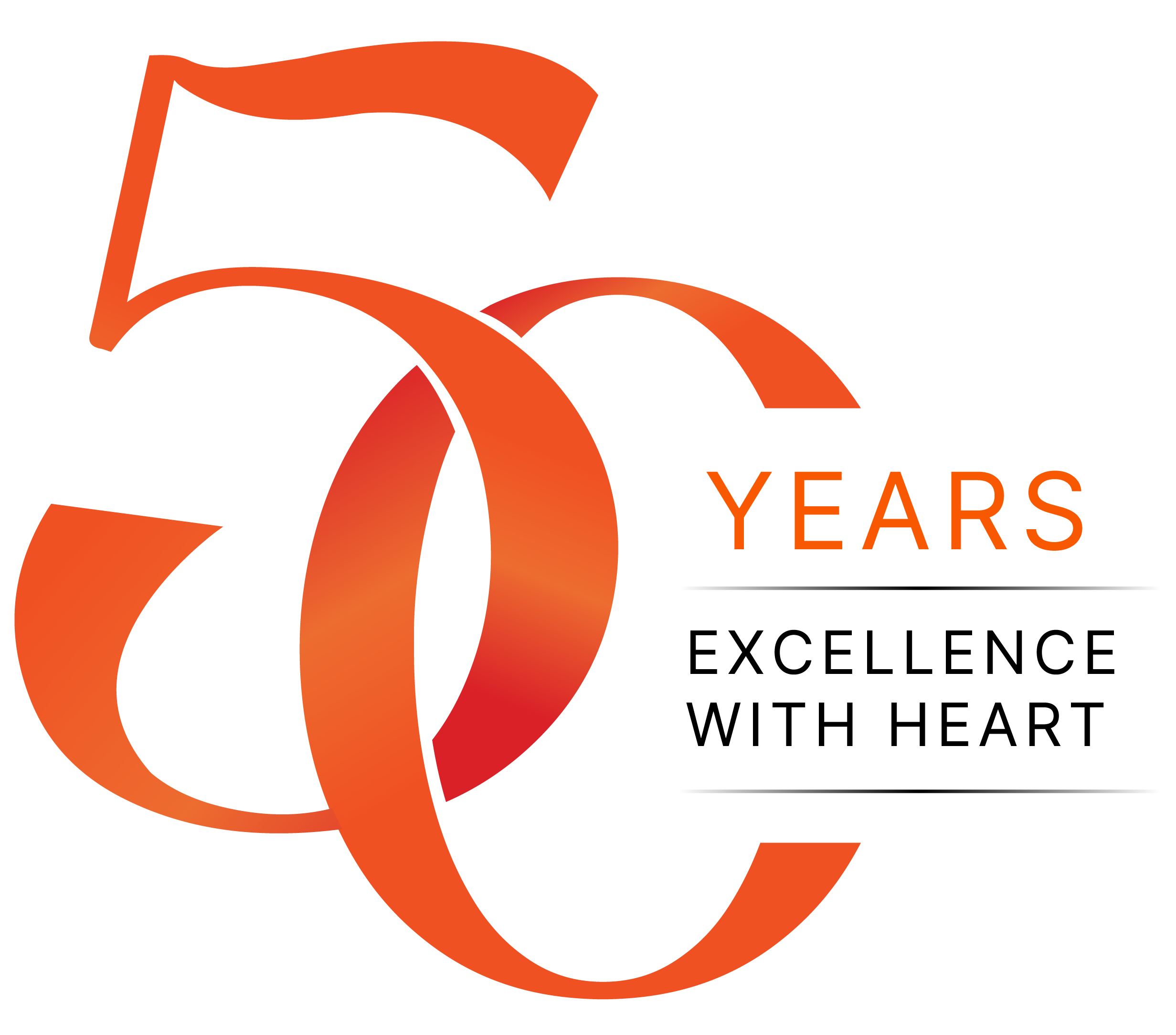The Electric Vehicles Charging Bill 2022 was passed in Parliament on 30 November 2022 to regulate the safe charging of electric vehicles (“EVs“), ensure the provision of reliable EV charging services by requiring EV charging operators (“EVCOs“) to be licensed, and to expand the network of accessible charging infrastructure in Singapore.
On 8 December 2023, the majority of the Electric Vehicles Charging Act 2022 (“Act“) came into force.
At the same time, six Regulations and three Orders came into operation, covering matters such as (i) the supply, registration, and requirements for installation, certification, and inspection of EV chargers; (ii) the requirements for licensing applications; and (iii) the requirements for the minimum electrical load and charging points.
We outline the new key requirements for the industry below.
Affected Entities | Requirements |
EV charger suppliers (“suppliers”)
| Suppliers will be required to supply only charger models that are type-approved by the Land Transport Authority (“LTA“). They must obtain and affix approval labels to the chargers before they can be supplied, installed, or certified as fit for charging any EV in Singapore. There will be a transitional period of six months, ending on 7 June 2024. First-time offenders will be liable for a fine of up to $40,000 and/or imprisonment for a term of up to 24 months. |
EV charger owners
| Owners of new EV chargers must register their chargers before they can be used. New chargers deployed from 8 December 2023 to 31 December 2025 will receive premise-differentiated subsidies on the one-time registration fee of $750. |
Owners of EV chargers installed before 8 December 2023 must obtain a provisional ID for registration from LTA, who will issue a registration mark to be affixed to the EV chargers. Existing EV chargers purchased and installed before 8 December 2023 are eligible for free registration if applications are submitted by 7 June 2024. There will be a transitional period of six months, ending on 7 June 2024. First-time offenders found guilty of charging an EV with an unregistered EV charger may be liable to a fine of up to $10,000 and/or imprisonment for a term of up to six months. | |
EV Charging Operators (“EVCOs”) | EVCOs that provide charging services to the public must obtain a license before they can provide EV charging services or operate EV charging stations. Licensing requirements include purchasing public liability insurance and maintaining the service uptime of chargers. At present, the licensing requirement does not apply to (i) persons who operate charging stations for the exclusive use of their employee(s) or outworker(s), and (ii) persons who have charge and control of any EV charging point. There will be a transitional period of 12 months, ending on 7 December 2024. EVCOs that operate without a licence may be liable to a fine of up to $30,000 and/or imprisonment for up to six months. |
Developers and development owners | Developments undergoing specified works must provide EV charging infrastructure that meet minimum requirements for power capacity and charging points. The specified works are:
The above applies where the application for planning permission or for an increase in the approved electrical load for a development is made on or after 8 December 2023. In the event of non-compliance, LTA may issue a remedial notice to require rectification works to be carried out. Contravention of a remedial notice will constitute an offence carrying a fine of up to $30,000. |
Management corporations of strata-titled developments (“MCST”) | The Building Maintenance and Strata Management Act is also amended to allow certain EV charging-related resolutions to be passed as an ordinary resolution (i.e. requiring 50% of votes to be passed):
|
Click on the following links for more information:
- Full text of the Act (available on the Singapore Statutes Online website at sso.agc.gov.sg)
- Electric Vehicles Charging Act 2022 (Commencement Notification) 2023 (available on the Singapore Statutes Online website at sso.agc.gov.sg)
- Land Transport Authority (“LTA“) Factsheet: Commencement of Electric Vehicles Charging Act 2022 on 8 December 2023 (available on the LTA website at www.lta.gov.sg)










